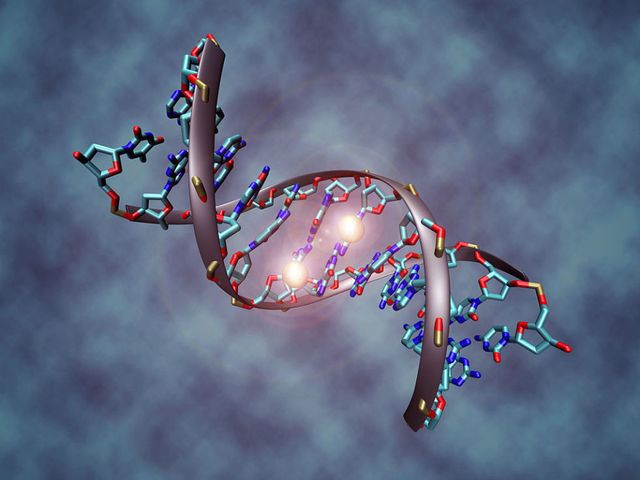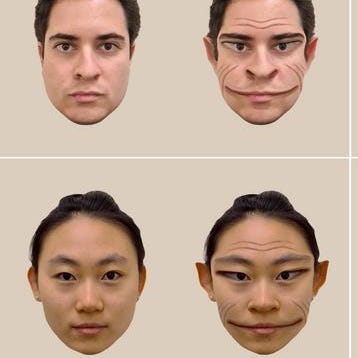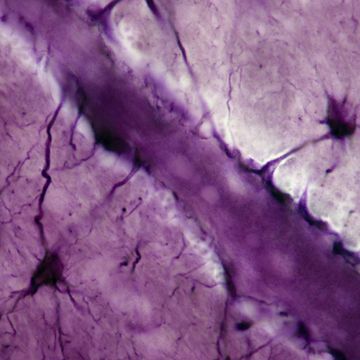CRISPR has been a hot topic lately, and it's not hard to see why: It's the kind of genetic editing science fiction has predicted for years at an incredibly low cost. But to date, it hasn't been used on human embryos. It seems that's set to change, though, the Francis Crick Institute has won approval from the Human Fertilization and Embryology Authority in Britain to edit embryonic genes for research purposes, according to Scientific American.
The team will fertilize ovum, then use CRISPR–Cas9 to make genetic changes to see how it affects cell development before destroying the embryos seven days later. One of the goals of the research is to find ways to treat infertility. They will initially run experiments involving altering the stem cell gene OCT4, responsible for replicating cells exactly. If OCT4 malfunctions it can cause a series of mutations that can auto-terminate a pregnancy or lead to medical problems.
There are still some regulatory hurdles before the research can begin. For instance, a local research ethics board needs to approve the research. But with this tentative step taken, we are one closer to making genetic alterations in humans a reality.
Source: Scientific American













